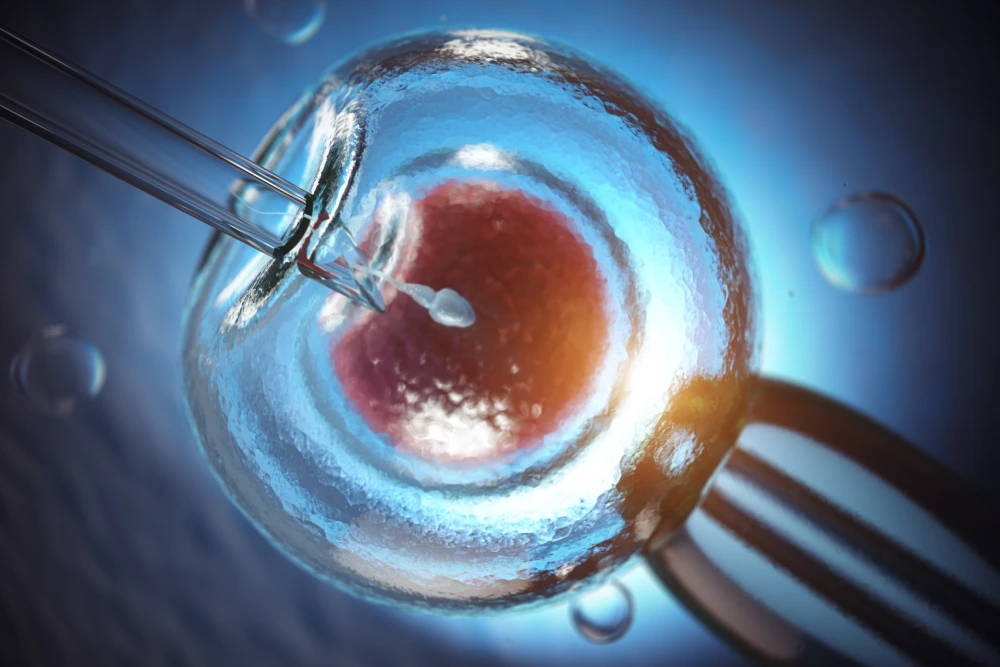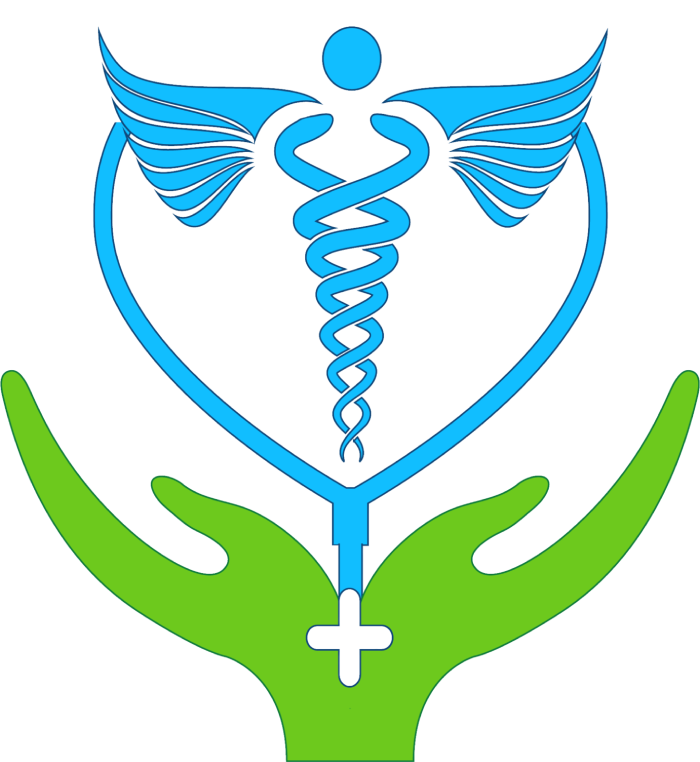
IVF (In Vitro Fertilization) Treatment in Turkey
In vitro fertilization is a method that enables individuals with various fertility problems to have children, and is one of the most preferred assisted reproductive techniques today. In vitro fertilization treatment, which is applied in cases where women cannot become pregnant naturally, includes many methods, especially vaccination. The inability to conceive due to sperm weakness or ovaries also affects couples psychologically. IVF treatment is applied in order to make the couples' dreams of having a child come true. The decision of treatment is given in line with the health status of the patients and the evaluations of the experts. The aim of the treatment is always the effectuation of fertilization and a healthy pregnancy period.
What is IVF Treatment?
IVF treatment is an assisted reproduction method that involves the fertilization of egg cells (oocyte) from the biological female and the semen cells (sperm) taken from the biological male in a controlled laboratory environment and the placement of the fertilized embryo into the uterus of the female. Pregnancy obtained from a certain number of embryos selected and placed in the uterus progresses in the same course as the pregnancy achieved by normal means. In this sense, the only difference between natural pregnancy and IVF treatment is that fertilization is carried out in laboratories with suitable conditions. The first successful case of IVF treatment, which was laid out by Robert G. Edwards in 1971, was applied in England in 1978. In Turkey, the first successful pregnancy was concluded with the in vitro fertilization method at Ege University in 1989. Today, thanks to developing medical techniques and technologies, different in vitro fertilization techniques are applied and successful results are obtained.
Which Methods Are Used in IVF?
In vitro fertilization treatment is applied with classical in vitro fertilization (IVF) or microinjection (ICSI) methods, depending on the fertilization of the ovaries. The frequently preferred IVF method is generally applied in cases where there no problem is encountered in the sperm count and quality, and when the sperm fertilization can be performed by itself. In the ICIS method, the egg is made ready for injection and the sperms are placed in a single egg.
When Is It Applied?
For the application of IVF treatment, it is necessary to have sexual intercourse for at least 1 year without using birth control methods. Also, it is substantial to make sure that pregnancy cannot happen during this period. The condition is called infertility. In this case, IVF can be applied.
Age Limit in IVF
In vitro fertilization treatment is applied up to the age of 45 in women whose ovarian functions are found to be suitable with the tests performed on the 3rd day of the menstrual period. At the same time, it is also checked whether the embryos are suitable for the genetic diagnosis method. However, women over the age of 40 are less likely to receive this method successfully compared to younger women. The decrease in the number and quality of eggs in women, especially after the age of 35, also affects the chances of success. In men, there is no age limit, but it is considered that the quality of sperm decreases due to changes in sperm DNA as age progresses.
Who Can Receive In Vitro Fertilization?
In vitro fertilization treatment is dependent on some factors such as:
-If the ovaries (fallopian tubes) of the female are closed, damaged, or removed,
-If the presence of stickiness that prevent the fallopian tubes from catching the formed eggs exists,
-If the female is at an advanced age when fertility is low,
-If the couple failed to achieve pregnancy with drug therapy,
-If the male has a low sperm count and poor quality or no sperm cells at all.
Especially women who are older than 30 years of age and have irregular menstrual bleeding, men with low sperm count as well as men with testicular health problems should apply to IVF centers in order to achieve pregnancy. If normal pregnancy is not seen after these problems are resolved, IVF treatment is and can be applied. For example, laparoscopic surgical applications are used first in intra-abdominal adhesions that prevent egg retention. If pregnancy cannot be achieved by normal means despite the treatment of adhesions that develop due to ovarian cysts or inflammations and the fallopian tubes gaining the function of holding eggs, in vitro fertilization is still applied.



